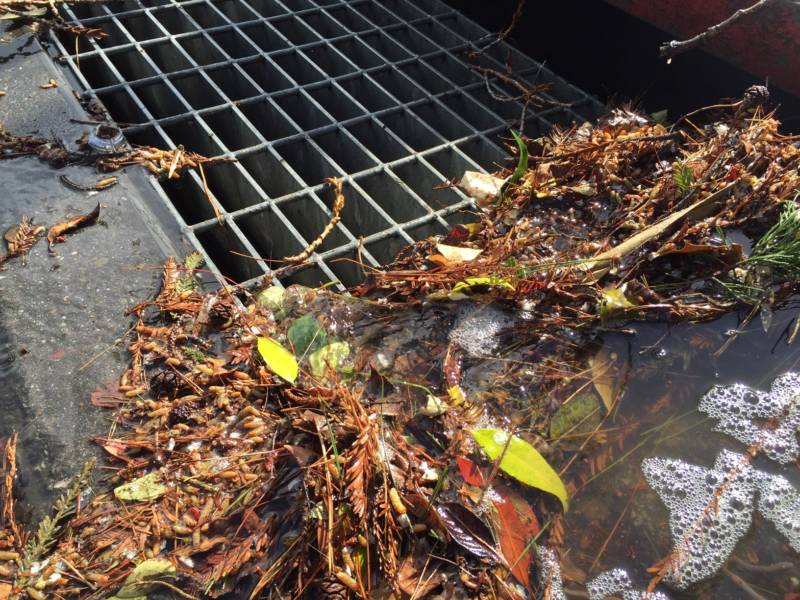To do that, the cities' complaints alleged that Monsanto was responsible for a public nuisance -- a claim that under California law would require the cities to own the stormwater passing through their pipes.
On Monday, U.S. District Court Judge Edward J. Davila dismissed the cities' suits, agreeing with Monsanto that California law makes stormwater the property of the state, not its municipalities.
"The cities do not take ownership of stormwater merely because it flows through municipal pipes on its way to the bay," Davila wrote..
However, Davila is allowing the cities to amend and refile their lawsuit.
All three cities plan to take the judge up on that offer. They will try to prove that because the cities are tasked with various tasks related to stormwater -- including pollution control -- they do have a property right and should be able to sue.
"It is unfair to the cities to say, 'You are being required to clean up all of this stormwater, but we're not going to let you bring a lawsuit when there's a third party responsible for polluting that stormwater,' " said John Fiske, one of the attorneys representing the cities.
Fiske said there is a "logical gap" in state law that requires cities to clean up the stormwater but doesn't give them property rights to that same stormwater.
"We're going to show Judge Davila why that gap should not exist in the law and why the cities do have standing to bring stormwater cases," Fiske said.
This case comes as the usefulness of stormwater is getting a closer look as California continues to deal with a prolonged drought.
"Cities and towns have traditionally treated stormwater as an annoyance," said Dave Owen, a professor at UC Hastings College of the Law who specializes in water law. "A lot of the water that floods out of our cities, especially during heavy rainstorms, is a problem when we send it off as stormwater, but it could be really useful if we could somehow hold onto it and make use of it."
Owen said it's unclear whether cities own the stormwater that flows through their pipes or whether it belongs to the state and cities merely might have permission to use it, like a tenant who uses an apartment that a landlord actually owns.
The cities have until Sept. 13 to file their amended complaints.
Monsanto did not respond to requests for comment. But in a statement issued after Davila delivered his ruling, the company was critical of the cities' litigation. From the Mercury News:
"The court's ruling confirms that there is no legal basis of the cities' claims," Scott Partridge, vice president of global strategy at Monsanto, said in a statement. "The cities of San Jose, Berkeley and Oakland have been ill-served by the overly aggressive tactics of their contingency fee counsel, and we hope this ruling will conclude this matter."
